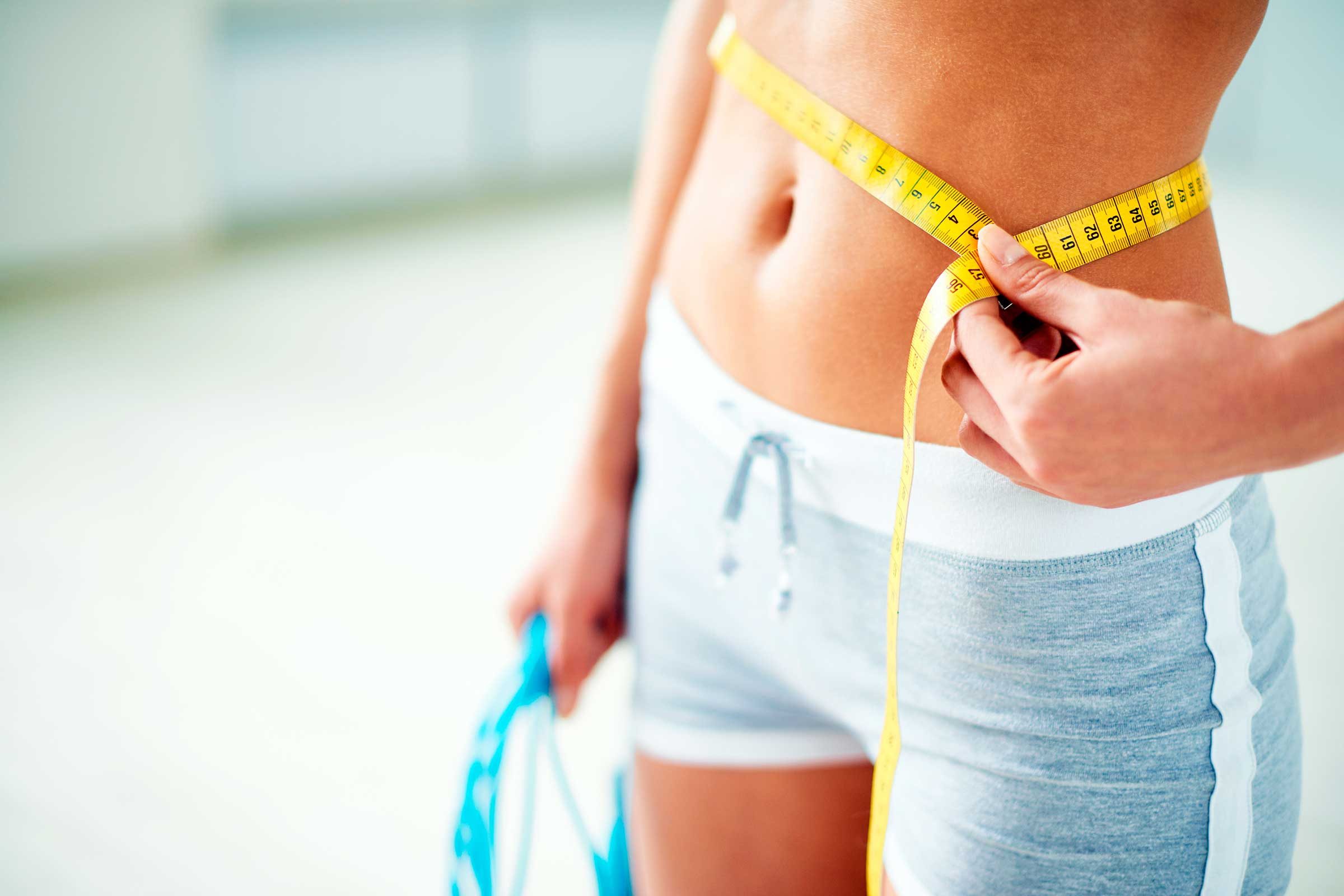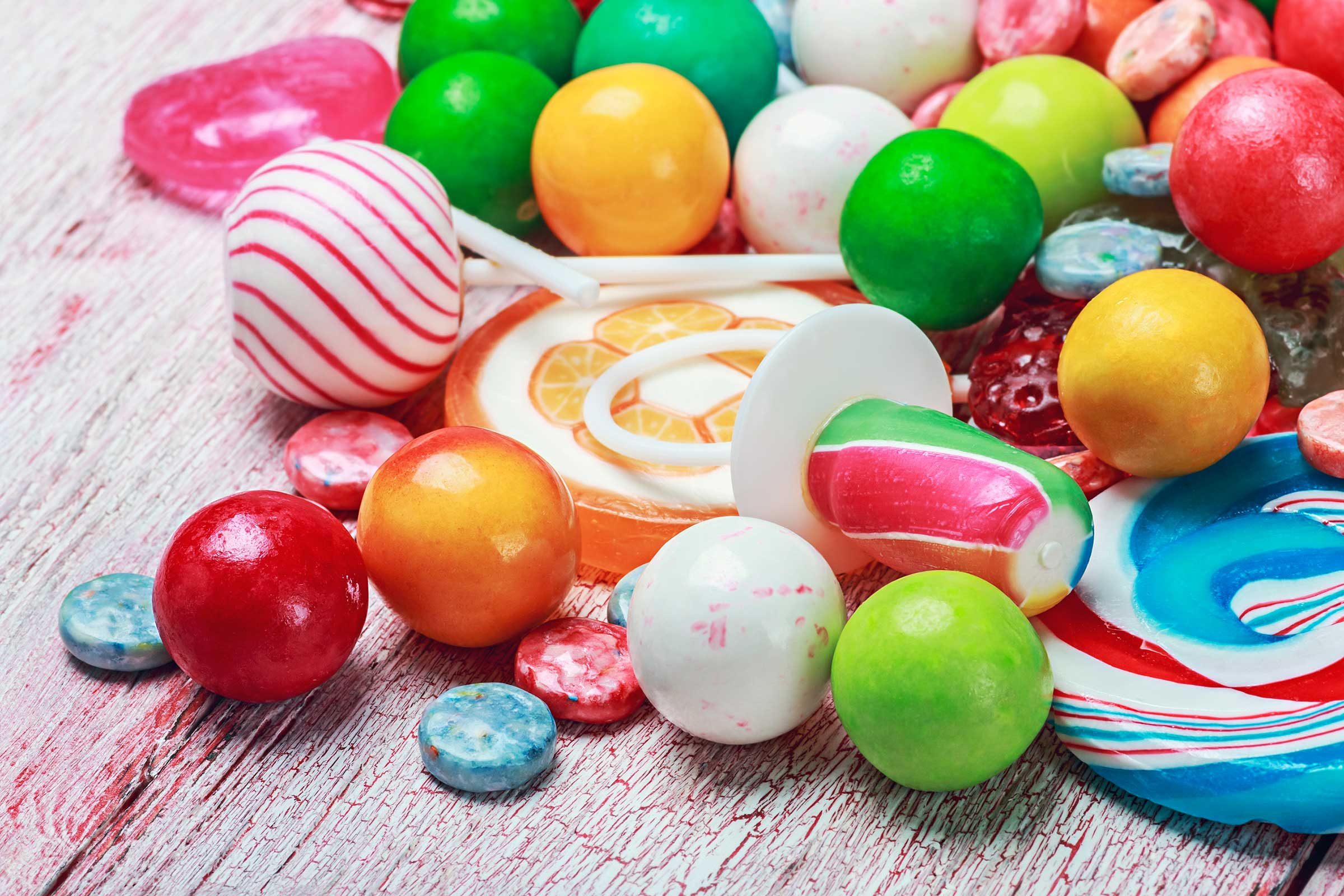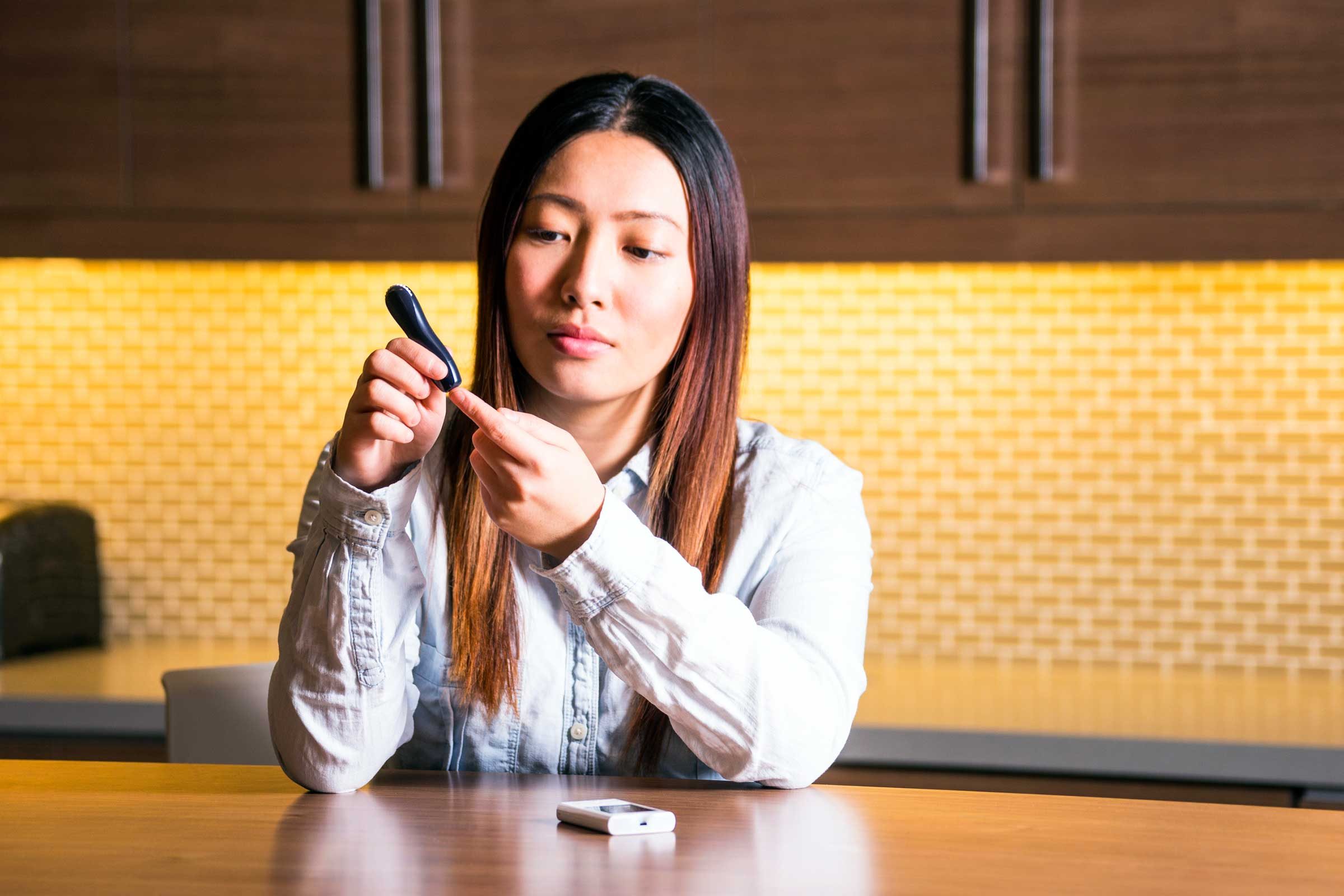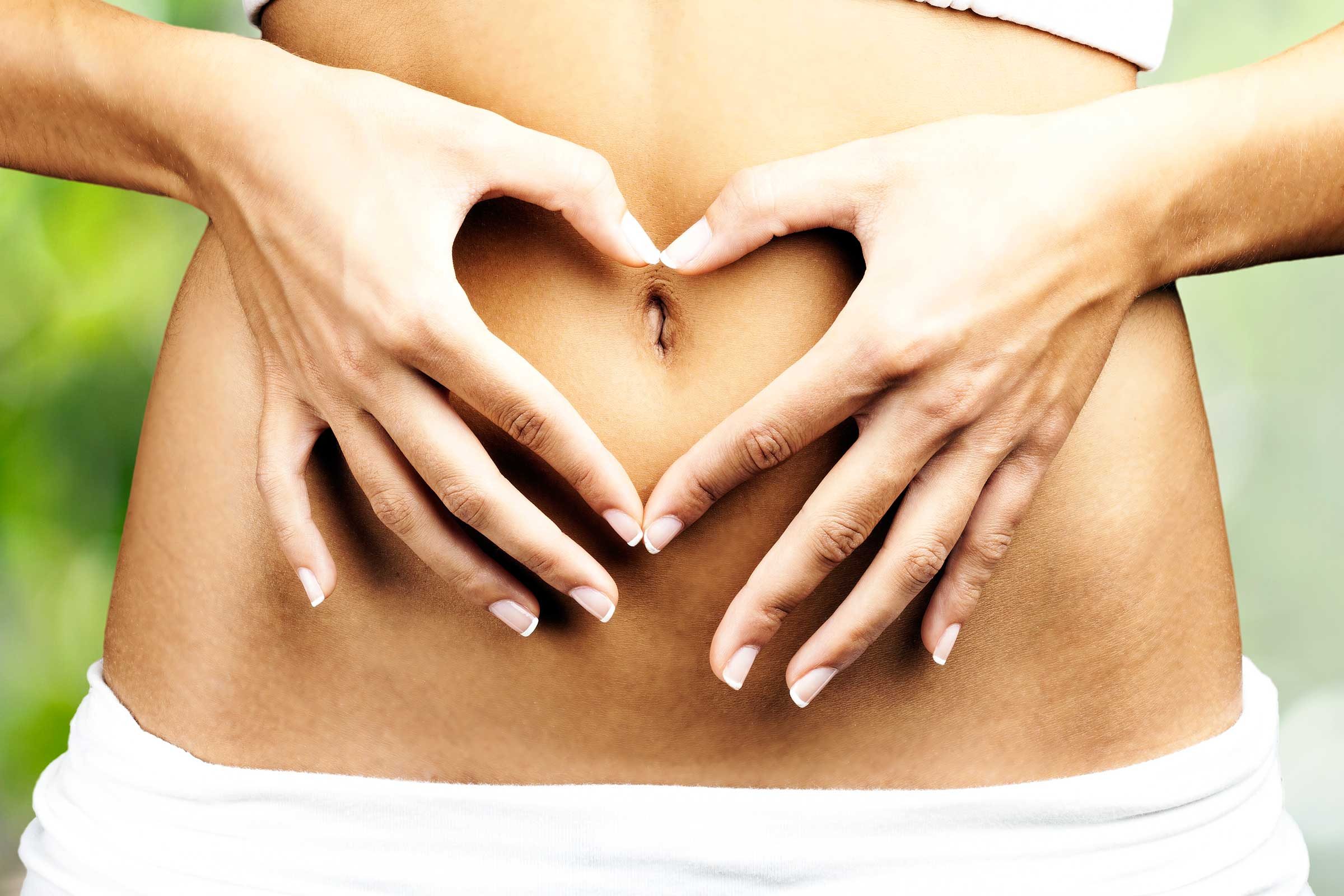
You might bust a weight loss plateau
It’s a common scenario: To stay full throughout the day but keep calories low, many people will sip five or six diet sodas and eat their only meal at dinner, explains Caroline Cederquist, MD, a metabolism and weight loss expert and founder of bistroMD. And even if that meal isn’t huge (so their total daily calorie intake is not high), they find they still can’t lose weight. The problem may be all those sugar substitutes. “Artificial sweeteners consumed alone, without food, can trigger the release of insulin, because the body is expecting something sweet,” Cederquist explains. “Insulin is a hormone that helps with the storage of fat.” Eat regular meals to avoid a spike in insulin and you could start seeing excess pounds come off. These are the 10 biggest food myths you need to stop believing.

You might gain weight
Yep, there’s another side to the coin. If you swap a daily diet soda or sugar-free latte for a beverage that contains real sugar (because you heard the real deal was actually healthier), you’re going to add empty calories that could lead to weight gain, Dr. Cederquist says. One way to avoid this trap? Replace those diet drinks with water or unsweetened herbal tea (single-serve packets of crystallized Pique Tea are easier than brewing), and make sure you eat meals that contain lean protein, fiber, and healthy fats to keep you satisfied. Find out the 15 signs your weight gain means something more serious.

Your candy cravings might disappear
In animal studies, artificially sweetened foods primed the brain’s reward system to seek out more sugar and calories, according to research from The University of Sydney. “These findings further reinforce the idea that ‘sugar-free’ varieties of processed food and drink may not be as inert as we anticipated,” study author Herbert Herzog, MD, said in a press release. When the brain anticipates sweets and then doesn’t get the calories it was expecting, it may trigger cravings for sweets to fulfill that promise. Without artificial sweeteners, there’s not promise to fulfill. Check out what your food cravings reveal about your health.

You could slash your diabetes risk
Artificial sweeteners may contribute to type 2 diabetes. A 2009 study in the journal Diabetes Care found that drinking a daily diet soda with sugar substitutes increases the odds of developing type 2 diabetes by 67 percent. Researchers found that the artificially sweetened beverages were associated with higher fasting glucose levels and a greater waist circumference, two risk factors for the disease. It may be because the calorie-free sweeteners increase your desire for sweet foods and/or give you permission to eat more because you’re “saving calories” elsewhere. Don’t miss the silent signs you might have diabetes.

You might deal with headaches
What happens when you’re used to pounding artificial sugars and then… stop? Well, if you’ve been getting your fake-sugar fix from diet soda, you could suffer withdrawal headaches from the sudden lack of caffeine. “It does subside with time and can be minimized by cutting down on caffeine more slowly,” Dr. Cederquist says. In the meantime, try these home remedies for headaches.

Your gut will get healthier
There’s so much buzz about building up healthy gut bacteria in part because this may affect obesity risk. According to an animal study in 2013, quitting fake sugars may help cultivate a more robust gut community and minimize the odds of being overweight. In the study, published in the Journal of Toxicology and Environmental Health, the researchers looked at the common sugar substitute sucralose. Previously, it was assumed that these sugars went through the GI system unchanged, so they caused no harm. However, the researchers found that some is actually metabolized, potentially altering the makeup of gut bacteria. It’s unknown what that might mean exactly, but it is clear that a healthy gut is important for your immune system, your metabolism, and all-around wellness, and that artificial sugars may throw off that delicate balance of bacteria. Don’t miss the clear signs you have an unhealthy gut.

If you’re breastfeeding, your milk will be different
What you eat, your baby eats. Your diet shapes the flavor of your breast milk and can influence your baby’s food preferences later on, research shows. That goes for peas, carrots—and maybe artificial sweeteners, too. One 2015 study from the National Institutes of Health found the presence of sucralose, acesulfame-K, and saccharin in the breast milk of 65 percent of the breastfeeding women they studied. More research is needed to determine potential consequences, but they do know it’s enough to make breast milk taste sweeter than normal, which could set kids up to have a sweet tooth of their own.
Next, learn the 12 things that happen when you stop drinking diet soda.
